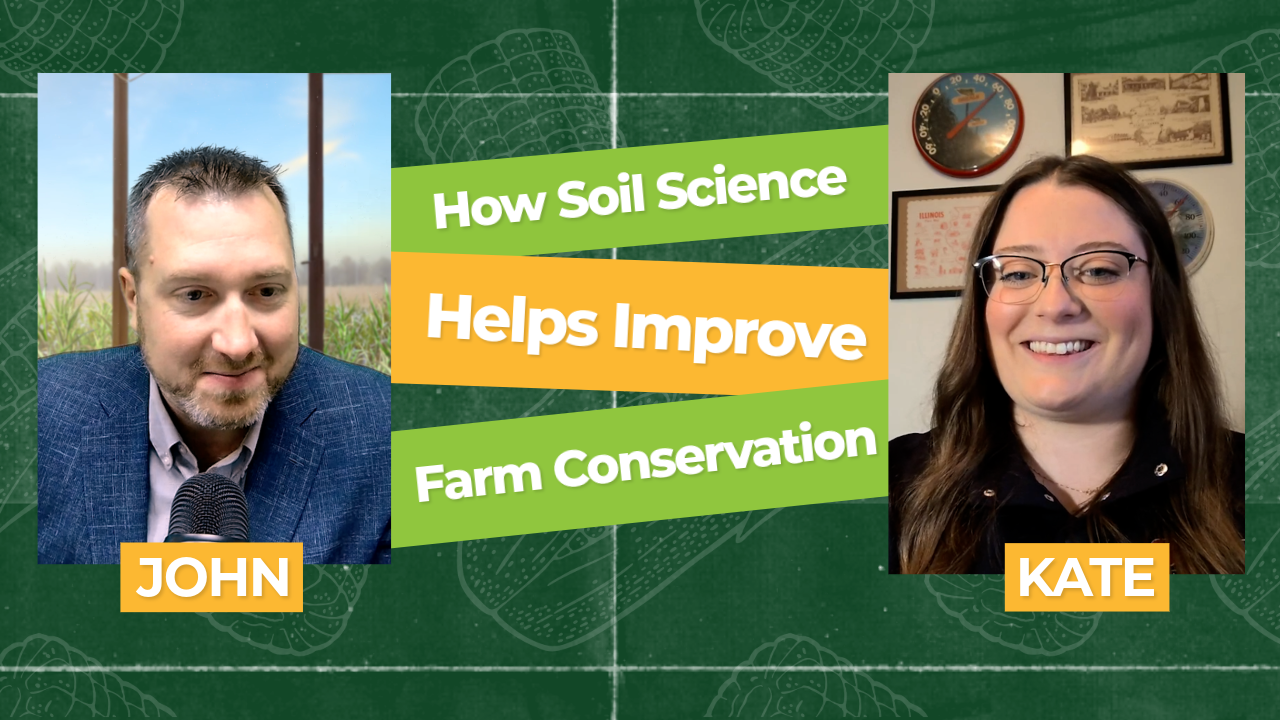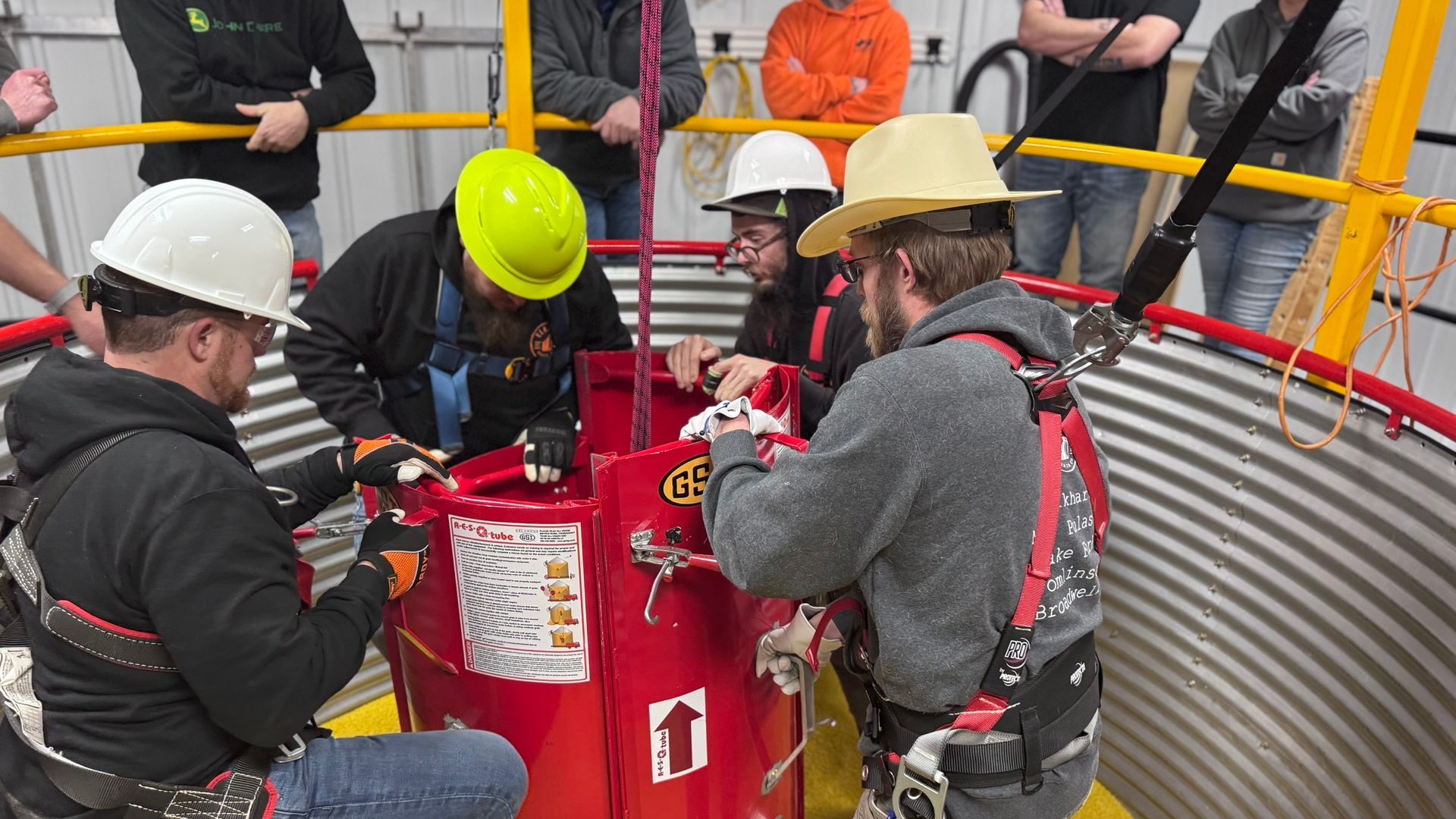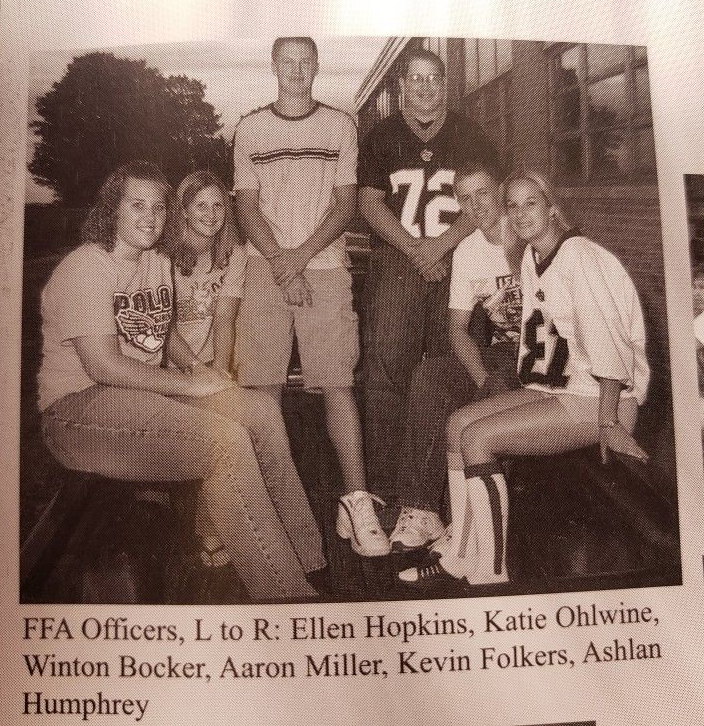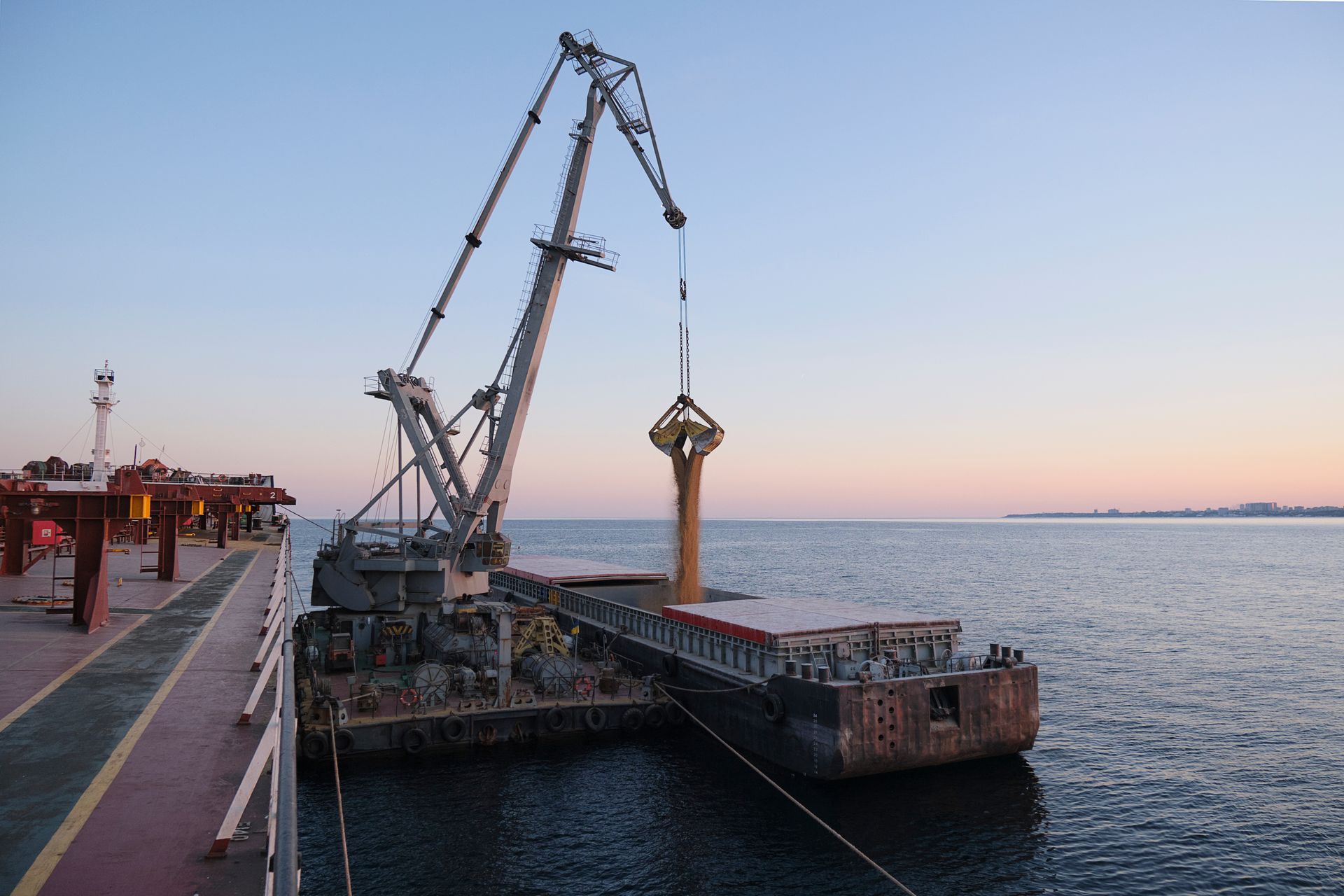From IL Corn to Capitol Hill: An Interview with Peter Metivier
Peter Metivier’s Journey from IL Corn to Washington, D.C.: Building a Future in Ag Policy and Advocacy
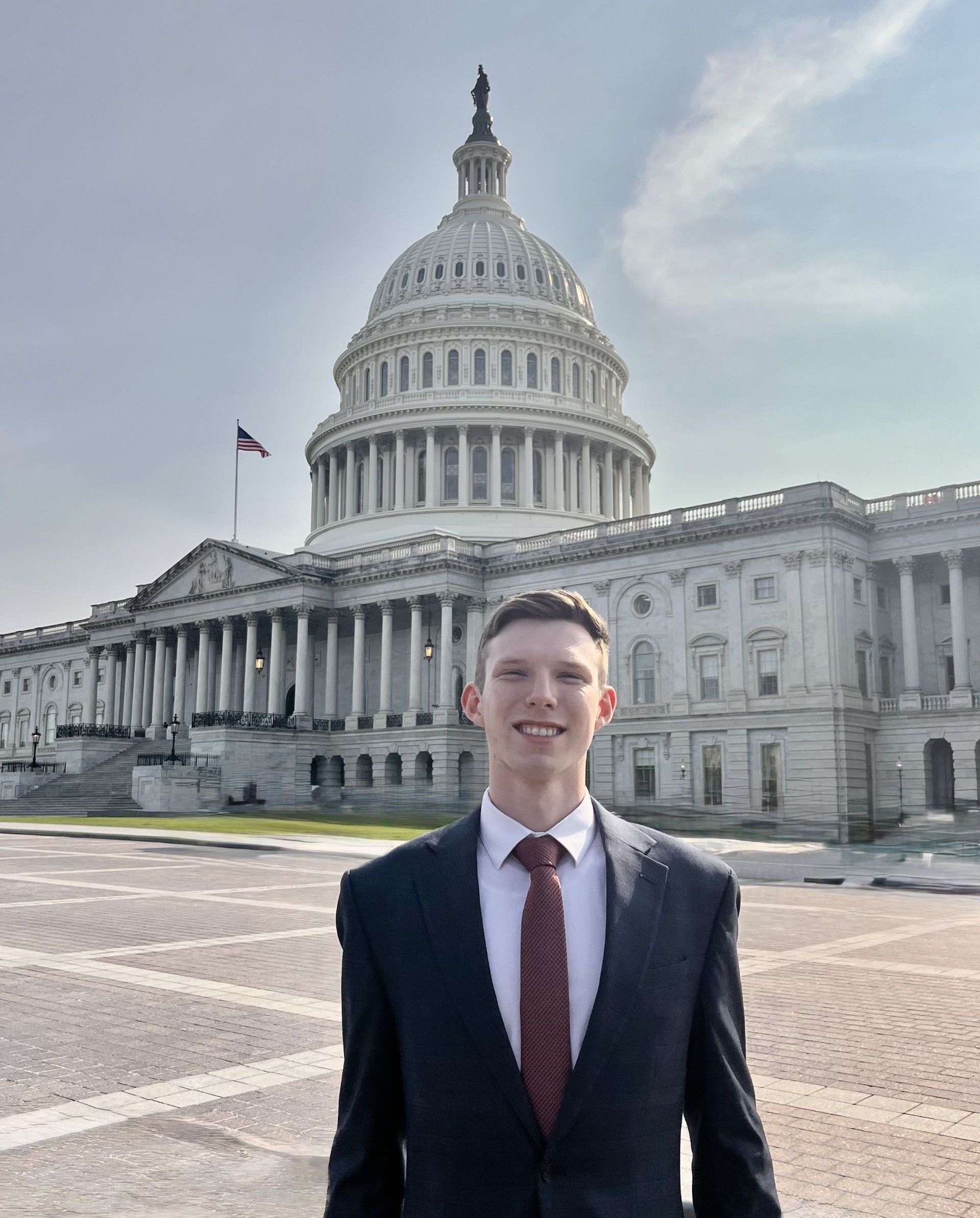
Peter Metivier, a Bloomington, IL native and former intern at IL Corn, is interning in the office of U.S. Senator Dick Durbin this summer. With a background in agriculture education and agriculture policy, Metivier is gaining experience on Capitol Hill in Washington, D.C. In the interview below, Metivier reflects on the skills he gained at IL Corn and what he has learned so far in his current role working under a U.S. Senator.
Q: Can you tell us a little about yourself and your background in agriculture or policy?
A: I was born and raised in Bloomington, Illinois. I did not grow up with a farming background; however, I was lucky enough to spend time on farms throughout my childhood. From there, opportunities like FFA and 4-H broadened my understanding of agriculture and gave me experience in advocating for policy. Currently, I am pursuing a bachelor's degree in Agriculture and Consumer Economics with minors in Political Science and Leadership Studies from the University of Illinois Urbana-Champaign.
Q: Are there any lessons or skills from IL Corn that have been especially useful in this new role?
A: One of the most useful skills I’ve carried from my time at IL Corn into this new role is strong professional writing. As a high school intern, I wrote press releases and blog posts, and my supervisor, Lindsay, provided great feedback that helped me refine my writing style. She taught me how to communicate clearly, concisely, and professionally, skills that have been incredibly helpful as I now draft memos and briefs on a daily basis. That experience laid the groundwork for the kind of writing and communication that’s essential in a Senate office.
Q: What ag-related issues are you most passionate about advocating for on Capitol Hill?
A: Supporting Illinois agriculture is always top of mind, not just because it’s home, but because our state plays a vital role in feeding the world.
Q: Is there anything you wish more people understood about how policy decisions are really made in D.C.?
A: Something I wish more people understood is that your voice does matter. It may seem cliché, and in full honesty, I didn't fully believe it before starting this position, but speaking for my office specifically, every concern is documented and provided to the Senator.
Q: What has surprised you most about working in a Senate office?
A: What has surprised me most about working in a Senate office is the vast number of learning opportunities. Whether it's through hearings, briefings, webinars, or events, there is always something happening that helps staff stay informed on all current issues.
Q: Where do you hope this internship leads you next, and how does it fit into your future career goals?
A: I hope that this internship leads me further into a career focused on agricultural policy and trade. This internship has given me a valuable glimpse into what a career might look like for me and has deepened my interest in helping shape policy that makes beneficial impacts on communities.
Q: What advice would you give to students or young professionals interested in agriculture policy?
A: My advice is to get involved wherever you can. You don’t need to be in Washington, D.C. or land a full internship to gain meaningful experience in agriculture policy. Join student organizations. Attend local meetings, town halls, or advocacy events to see how policy is discussed. Ask professors and mentors for advice; people are more than willing to help get you connected. Read ag policy news to stay informed and develop your own opinions. Every opportunity to listen, ask questions, or engage helps build your understanding of the entire scope of agriculture policy.
Peter Metivier is just one example of how an internship at IL Corn can help prepare the next generation of advocates and leaders in agriculture. Metivier emphasized the importance of advocacy in policy development; join our advocacy network if you haven’t already. The periodic calls to action from your commodity associations are important to the future of your family farm!


